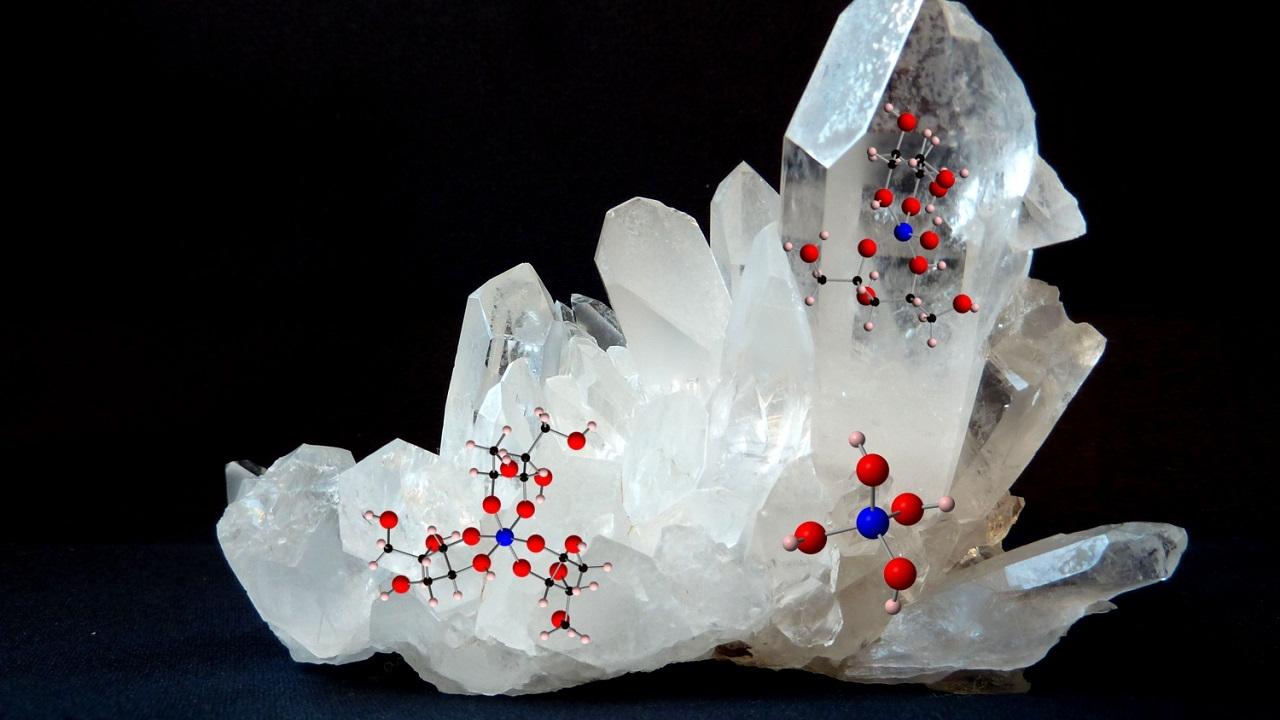
NMR studies of aqueous silicate complexes at gigapascal pressures
Geochemists predict solute speciation and mineral equilibria in aqueous solutions up to 1200 °C and 6 GPa. These models are useful to uncover reaction pathways deep in the Earth, but experimental confirmation is difficult. In a recent paper, Pilgrim et al. (2018; Communications Chemistry 1, 67; 2018) show speciation changes among aqueous silicate complexes to pressures of 1.8 GPa. The 1.8 GPa pressure corresponds to pressures reached at the lower crust or upper mantle. Although these experiments are limited to ambient temperature, they show that the increased pressure affects complexation and oligomerization reactions by eliminating bulk waters; the pressure effects are completely reversible.
For more information, please see the original article at: https://doi.org/10.1038/s42004-018-0066-3
